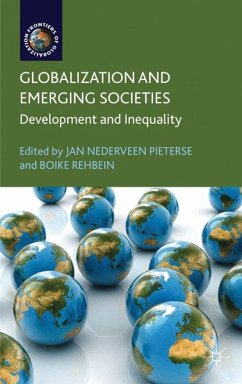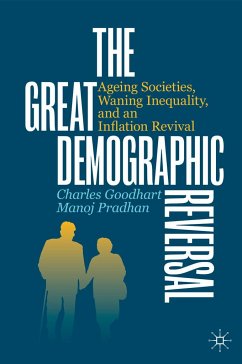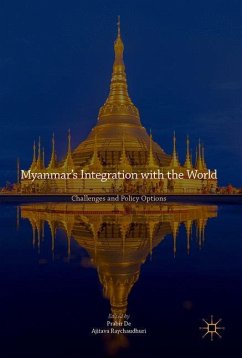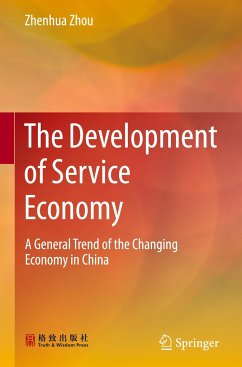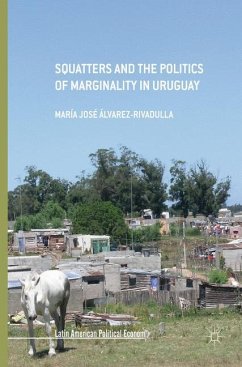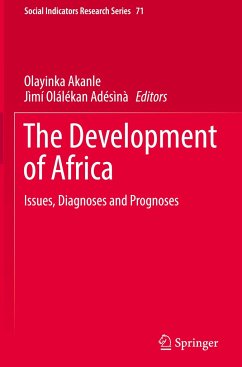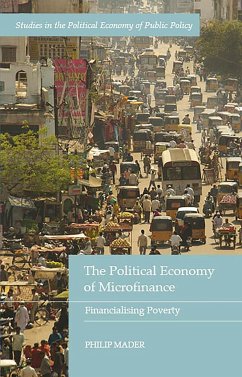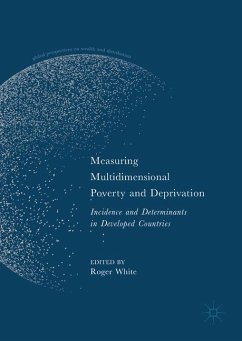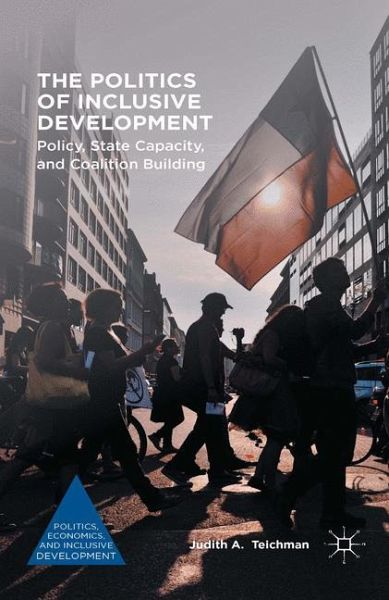
The Politics of Inclusive Development
Policy, State Capacity, and Coalition Building
Versandkostenfrei!
Versandfertig in 6-10 Tagen
49,99 €
inkl. MwSt.
Weitere Ausgaben:

PAYBACK Punkte
25 °P sammeln!
This book investigates the political conditions and policies most likely to bring about progress toward inclusive development, drawing on in-depth analyses of four cases studies with distinct development trajectories (Mexico, Indonesia, Chile and South Korea). While exclusion and differential inclusion have long been features of development in the Global South, economic globalization has introduced new forms with which Global South countries must grapple. The book highlights the main policy drawbacks of most official approaches: neglect of the need to enhance the role and capacity of states, t...
This book investigates the political conditions and policies most likely to bring about progress toward inclusive development, drawing on in-depth analyses of four cases studies with distinct development trajectories (Mexico, Indonesia, Chile and South Korea). While exclusion and differential inclusion have long been features of development in the Global South, economic globalization has introduced new forms with which Global South countries must grapple. The book highlights the main policy drawbacks of most official approaches: neglect of the need to enhance the role and capacity of states, the focus on certain types of poverty alleviation strategies, and the tendency to disregard the need for productive employment generating activities and rural development. Neglect of issues of power and politics, however, is the most glaring inadequacy. Teichman argues that making progress toward inclusive development is primarily a political struggle. It requires a committed leadership with broadly based societal support - an inclusive development coalition - which includes usually small but politically important middle classes.





